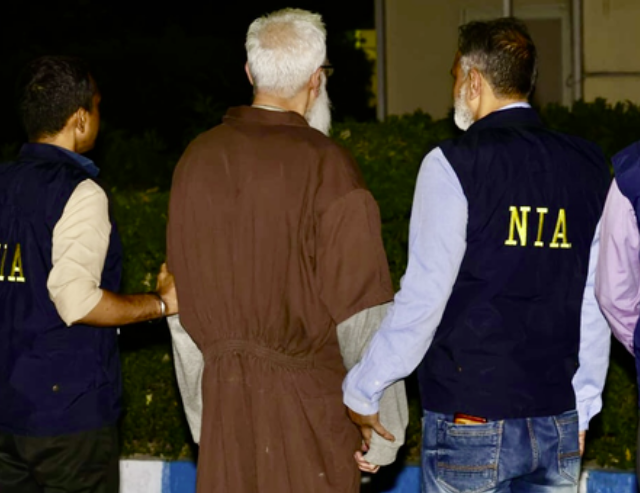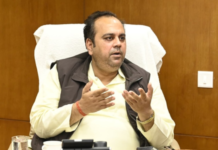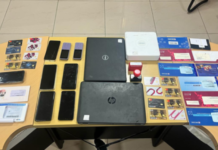NEW DELHI– A Delhi court on Wednesday extended the judicial custody of Tahawwur Rana, an accused in the 2008 Mumbai terror attacks, until August 13.
Rana, a former officer in the Pakistan Army’s Medical Corps and a Pakistani-Canadian national, was produced before the Patiala House Court via video conference as his previously ordered custody came to an end.
The National Investigation Agency (NIA) recently filed a supplementary charge sheet against Rana, which includes his arrest memo, seizure memos, and various other supporting documents. The initial charge sheet against him was filed in 2012.
On June 6, a Special NIA Court had remanded Rana to judicial custody until July 9 and requested a health status report from Tihar Jail authorities following concerns raised by his legal counsel about his deteriorating medical condition.
The NIA has also collected Rana’s voice and handwriting samples to compare with recordings of telephonic conversations between him and David Coleman Headley, a co-accused in the 26/11 case.
Rana was extradited from the United States earlier this year and is accused of assisting Headley by providing handwritten notes, maps, and coordinates used to scout potential targets for the attacks that claimed 166 lives in Mumbai.
According to NIA officials, investigators plan to take Rana to Mumbai and other cities to reconstruct the events that led up to the attacks.
In April, the Special NIA Court extended Rana’s custody after senior advocate Dayan Krishnan argued that investigators needed more time to determine his full involvement in the plot. The court was also informed that Rana had allegedly used evasive tactics during his interrogation. Mumbai Police officers also questioned him during his NIA remand.
Throughout the questioning, Rana denied any involvement in planning or executing the attacks. He claimed that his childhood friend and co-accused, David Headley, acted alone in conducting reconnaissance and planning for the terror operation. Headley, who is currently imprisoned in the U.S., turned approver in the case and previously admitted to carrying out surveillance missions across India on behalf of the terrorist group Lashkar-e-Taiba (LeT).
Rana also told investigators that, aside from visiting Mumbai and Delhi, he had traveled to Kerala. When questioned about that trip, he claimed it was to meet an acquaintance and provided the person’s name and address to authorities.
Rana’s extradition to India from the U.S. marks a significant development in the ongoing investigation into one of the deadliest terror attacks in Indian history. (Source: IANS)












